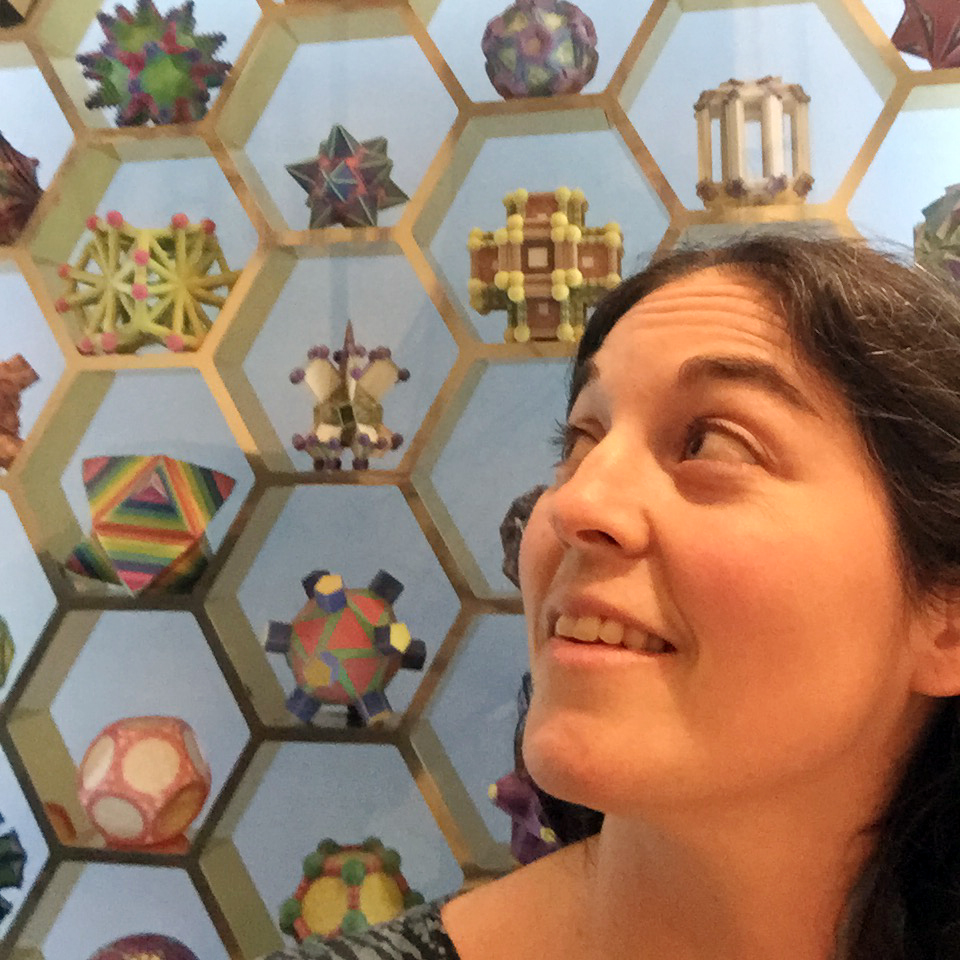
Louisa Rosenheck is a designer and researcher of educational technologies in the MIT Education Arcade and Open Learning. She manages the design, content, and development of educational games and simulations, and oversees the research on how games can be effectively used in both formal and informal educational settings. She also brings the playfulness of games into her assessment design work, creating digital and non-digital tools to help both students and teachers assess creative work and soft skills. In addition to these areas, she supports other designers and organizations in creating innovative ed tech and curriculum. Through capacity building partnerships on local and international ed tech programs, she aims to increase the deep learning in games and tools being produced for education.
Rosenheck is part of YJ Kim’s team of education researchers at MIT who have embarked on an ambitious project to address the missing link—measuring outcomes—that so often holds back progressive learning environments. They call it “playful assessment,” not to be mistaken for gamification, and it seeks to capture student mastery in many of the areas that are hard to gauge including curiosity, creativity, and critical thinking.
Your work was recently highlighted in a great piece on EdSurge, how can playful assessment change the learning landscape?
Learning is becoming more project-based, playful, and student-centered, all approaches that help build the future-ready skills we know are important. But assessment has not kept up, remaining fact-based and procedural, largely depending on multiple choice tests and rubrics. We need to change what we’re measuring if we want to support teachers to teach the skills and dispositions we really value. Making assessment playful means that it is more authentic, embedded, and formative—providing useful feedback to both educators and learners themselves. Play puts us at ease and sets the stage for trying new things and learning from failure, within parameters that help us see where we’re going. Beyond the goals of school-based assessment though, I see playful assessment as a mindset that can help us recognize and value the learning that we do in all areas of our lives.
How did you first become interested in education and learning and what do you see as the future of education?
I have many fond memories of playing the edutainment games of the 1990s growing up, and some less fond memories of writing pointless essays in school, so I suppose a lot of my interest comes from personal experience. But in college I taught ESL to recent immigrants and TAed some computer science courses and that’s when I realized how much I enjoyed teaching and guiding other people to their aha moments. I think the future of education will need to focus not on content knowledge but on future-ready skills—the things machines can’t do for us. And in order to do that, students need support to work on projects that are meaningful to them and their communities, and to recognize the competencies they are building through those experiences. Our education system doesn’t prepare teachers or students to engage in this way, so there is a lot of important work to be done!
What is the best way to introduce games into the classroom to make them most effective?
Games are such a powerful tool for learning, but like anything, it matters what game you’re playing and what you’re doing with it. There are a lot of games out there that teach content knowledge and procedural skills, and those can be fun and useful but they won’t transform the learning that’s happening. To bring about deep learning through games, teachers need to be very thoughtful about which games they are choosing and why. And even more importantly, they need to think carefully about everything that surrounds the game—at what point in the unit are students experiencing the game, is it in class or outside of class, what reflection opportunities are there, what kind of collaboration, how are you connecting that experience with other learning going on in and outside of school? Game-based learning is so much more than just the gameplay time, it’s how the game operates in the whole classroom ecosystem. For anyone interested in this, some of my colleagues and I have written about designing games to work in these ways in our book Resonant Games.
What is your favorite thing about working at MIT?
Probably walking down the infinite corridor because you never know what you will see—students bumping into you preoccupied with a Rubik’s cube, strange robots wandering around on their own, geometric sculptures that have popped up, user testing opportunities, not to mention notices for campus events and interesting talks. It’s such a rich place and it feels very open to anyone who wants to explore.